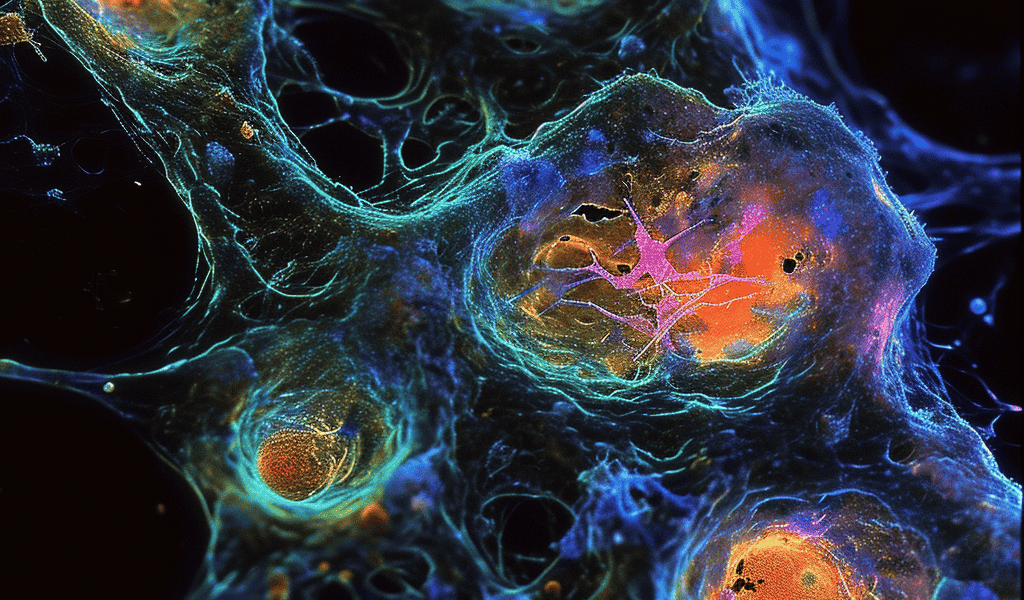Stromal Cells May Help Predict Prostate Cancer Metastasis
by Jim Schnabel, Cornell University
Non-cancerous cells called stromal cells, which are found in and around prostate tumors, may be useful in assessing these tumors’ potential to spread, and may even be targets for future prostate cancer treatments, according to a study led by researchers at Weill Cornell Medicine.
Stromal cells, found in all organs, contribute to wound healing, blood vessel formation and structural support for tissues. Scientists know that tumors often co-opt stromal cells to create a more supportive molecular environment for tumor growth and survival. But their precise roles in different cancers are only beginning to be delineated.
In the study, published Jan. 8 in Nature Communications, the researchers performed the most comprehensive analysis to date of stromal cells in and around prostate tumors. Examining prostate tumor mouse models as well as samples from human patients, they identified eight subpopulations of stromal cells with distinct tumor-associated patterns of gene activity. They found that certain changes in these patterns predicted tumor spread, or metastasis.
The researchers’ analysis also uncovered signaling interactions among stromal cells, tumor cells and nearby immune cells that offer potential targets for preventing metastasis.
“These results illuminate the substantial impact of stromal cells on prostate cancer progression, and point to the possibility of new prognostic and therapeutic strategies,” said study senior author Dr. Massimo Loda, chair of the Department of Pathology and Laboratory Medicine at Weill Cornell Medicine.
Tumor progression is driven not just by the acquisition of new mutations in cancerous cells, but also by tumor-induced—and tumor-supporting—changes in non-cancerous cells.
To date, most of the research on these “tumor microenvironment” cells has focused on immune cells, which can be co-opted to suppress natural anti-cancer immunity and block the effects of cancer immunotherapies. But the tumor-supporting activities of stromal cells has also caught the attention of researchers.
The study’s co-first authors were Hubert Pakula, Mohamed Omar and Ryan Carelli, scientists working in the Department of Pathology and Laboratory Medicine at the time of the study. Omar is now an assistant professor of research in pathology and laboratory medicine.
These findings open new avenues for understanding and potentially targeting stromal cells in the context of prostate cancer. With further research, these insights could lead to improved prognostic tools and innovative therapeutic approaches for prostate cancer patients.






